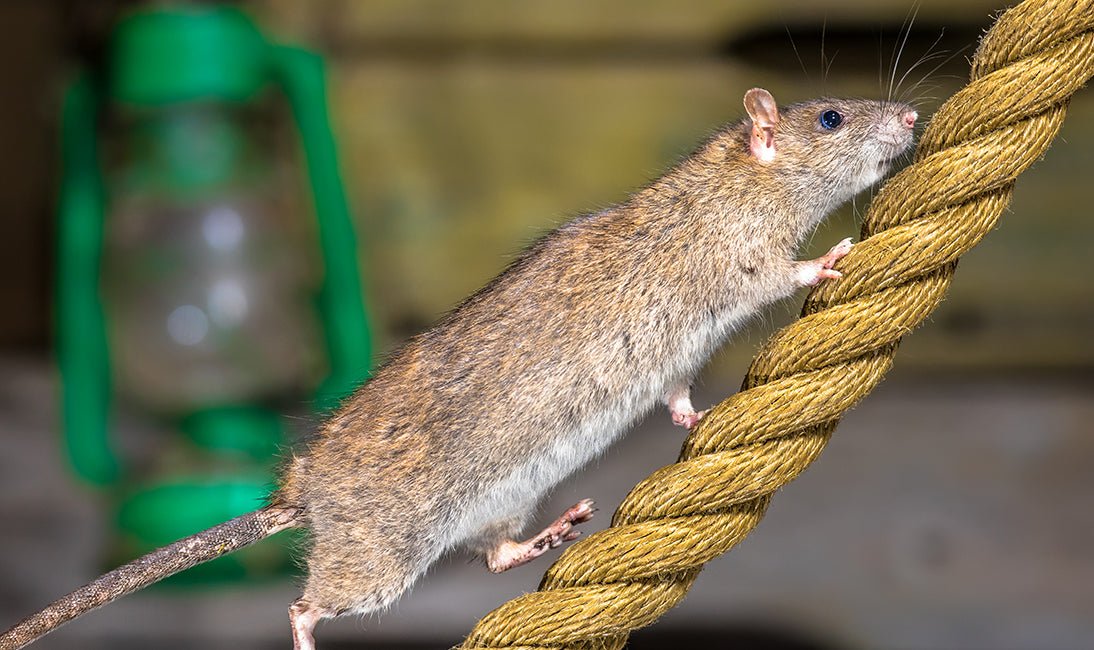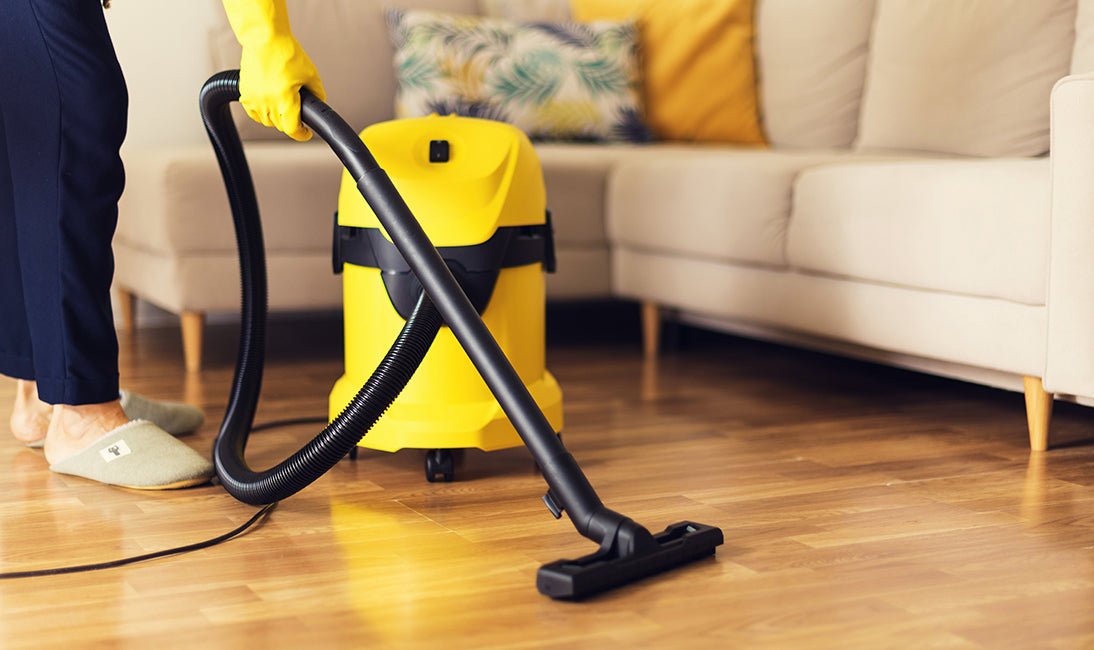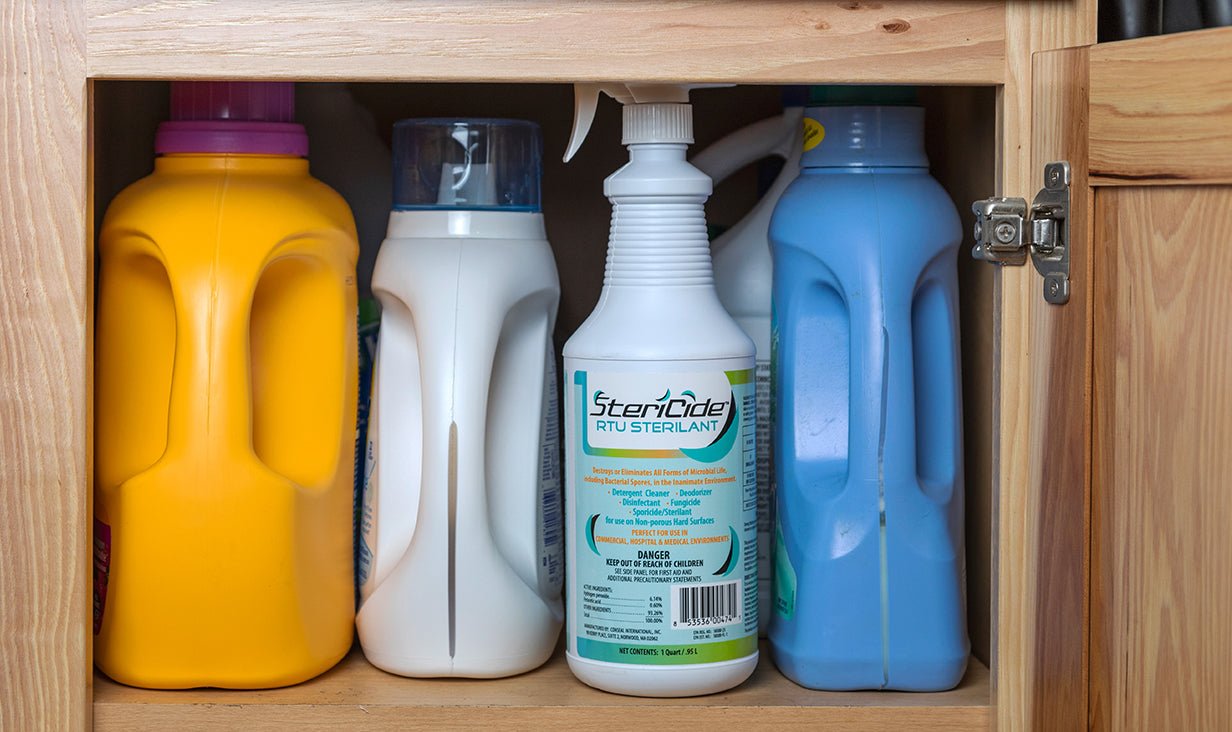Getting rid of rats and mice is an age-old problem plaguing the generations before us and probably the generations to come. With the current COVID-19 pandemic, the presence of our unwanted roommates will likely continue to rise. How do you figure out you have some pesky boarders, and how do you get rid of rodents? Let’s find out.
Rat and mouse infestations, an age-old issue that has plagued civilization for thousands of years (1). This rodent and human tango is based on the fact that rats and mice absolutely love living with us. Why would they not? We provide water, food, shelter, and safety from major predators (2).
In the age of social media, some rats and mice have become celebrities, how could we not forget pizza rat and ninja mouse? Despite this, one thing is for sure. We do not like them living with us.
Rodents and COVID-19
With the current COVID-19 pandemic, a number of scientists have been busy assessing our impact on the animals we share our crowded planet with (3). This includes how rats and mice are affected. Unfortunately, it looks like it will have some dire consequences for us.

As rats and mice depend on us so significantly, they will have their work cut out for them regarding food resources. This, in turn, will drive them inwards to our homes. As a result of this, two questions arise: how do you even identify a new rodent family in your home? And how do you get rid of them?
Identifying Rodent Infestations
Identifying new flatmates in your walls, attic, or basement has become second nature to humans. Rats and mice have been infiltrating our homes for years upon years and will continue to do so for centuries to come. These rodents are generally characterized by high breeding rates, which unfortunately is likely in that wall next to the pantry, tending to be relatively small, secretive, adaptable, and having incisors (teeth) that continuously grow, requiring continuous gnawing (4).

These characteristics tend to be the basis of the potential signs you have some new friends at home (5). Usually, you will be able to identify an infestation by:
- An increase of suspicious sounds in the walls, be that rustling, squeaking, gnawing, or scurrying.
- Droppings, usually oval in shape, around the home.
- The disappearance of food items, or strange gnawing marks on food packets.
- The presence of nests, usually made by wall insulation, paper, and other soft materials.
- Holes in the walls.
These signs may appear to be disturbing, particularly if you are not fond of your new boarders (6). In fact, there is proof in the pudding as to why we tend to lean on the side of caution around rodents. They do pose a number of economic and health problems. This includes damage to agricultural crops, properties, and natural resources (7). They also pose a risk to our health by carrying certain diseases, think the bubonic plague (8). But how do you get rid of them once you have established they are there to stay?
How Can You Get Rid of Rats and Mice?
A variety of methods are now used to curb ever-expanding rodent populations. These methods include physical (such as traps) and rodenticides (toxic baits/poisons) (9). The most popular of these for households tend to sway towards traps and poisons, either together or separately (10).

Traps tend to be relatively quick and somewhat “humane,” they get rid of mice and rats very quickly if it hits the right area; otherwise, it can be a relatively long, painful death. Rodenticides, on the other hand, are incredibly varied, and it can be particularly baffling to know what is the most humane and effective.
Rodenticides are widely used globally and are a multi-million dollar business in the United States alone (11). There are many rodenticides registered for use in the United States; however, the large variety can leave many wondering where to begin. Some rodenticides available are anticoagulants, meaning they thin the blood, leaving the animal to bleed out (12).
However, these rodenticides are often inhumane, as they render the animal having quite a painful death, and have the chance to become ineffective over time. This is usually due to the rat or mouse population developing resistance to the rodenticide. This leaves us with two issues, wanting a more humane death and something that lasts.
The Best Rodenticides To Get Rid of Rats & Mice

This rodenticide is not an anticoagulant but uses corn gluten meal and sodium chloride to dehydrate the animal. This is due to a phenomenon only present in rodents. When corn gluten meal is ingested, it renders the stomach and intestine unable to signal to the brain that the rat or mouse is thirsty.
Coupled with the dehydrating agent sodium chloride (as in table salt), this dehydrates the animal over two to five days until the animal slowly falls asleep. This works particularly well in rats and mice as they cannot vomit, so once they ingest the corn gluten meal and salt mix, it stays down.
RatX® and MouseX® are incredibly safe as they do not contain any of the more traditional anticoagulant poisons, therefore, if your fluffy friends eat it, say your dog spot, they will not be rendered to the same fate. This also incorporates humans, so if your toddler accidentally gets their hands on it, they would be relatively safe. In addition, they are significantly more humane than a number of other rodenticides as there is little pain, and the rats and mice tend just to fall asleep.
The Bottom Line
Rat and mice infestations have been plaguing humans for centuries. This cohabitation with humans has a number of dire impacts, including economic and health-related, thing bubonic plague. Rats are capable of carrying rat coronavirus sialodacryoadenitis virus (SDAV) and are known to transfer more than 35 different diseases to humans.
With the current COVID-19 pandemic, these infestations are likely to continue to rise. However, a number of solutions have come about over the past few years, one of these being EcoClear’s RatX® and MouseX®. Unlike a number of other rodenticides, RatX® and MouseX® are safe to use around other animals, including people and pets.



